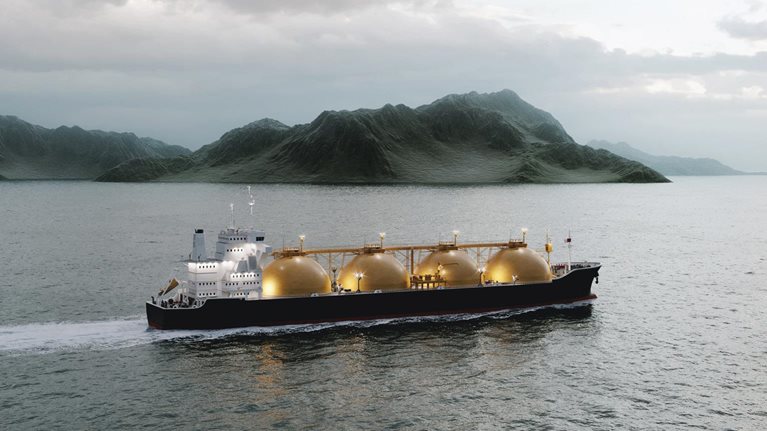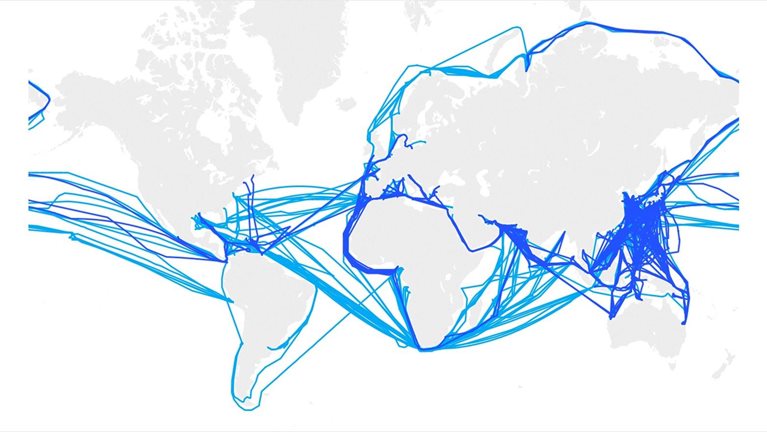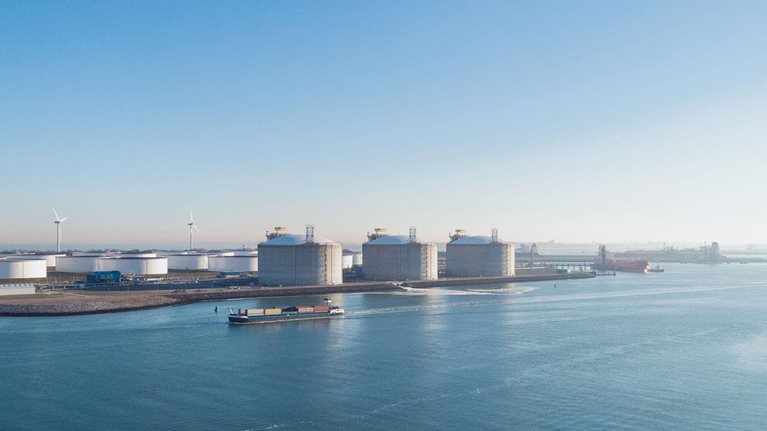The 2022 liquefied natural gas (LNG) market faces significant uncertainty, with forecasts showing a tight market and elevated prices for at least the next two to five years. Meanwhile, buyers face uncertainties over the role of LNG in the energy transition and how to best position themselves for the transition to lower-carbon fuels.1
Many buyers are also concerned about supply shortages and security of supply following several years of ample supply and a generally shared perception that they could rely on a functioning market. Today, however, buyers are reverting to longer-term contracts and prioritizing bilateral relationships with suppliers.
With these points in mind, McKinsey recently completed its 2022 LNG Buyer Survey to assess how buyer needs and attitudes are evolving around the world (see sidebar, “About the survey”).
Demand: Confidence varies by region
Buyers across the world generally remain confident about the role of LNG during the energy transition, yet with time frame and geographic nuances (Exhibit 1).
Southeast Asia (Indonesia, Malaysia, Singapore, and Thailand) and South Asia (Bangladesh, India, and Pakistan) have lost near-term confidence in light of current high LNG costs and price-sensitive end users. European buyers know they need gas now but are uncertain about their needs beyond 2025 because of the pace of the energy transition and the growing recognition that current high gas prices could significantly lower demand in the long term. Finally, Chinese buyers are the most confident across all time frames and see LNG as a key part of the energy transition, helping to meet demand in a relatively low-carbon way while reducing coal use.

Evolving commercial and contractual expectations: Buyers are losing confidence in the spot market and are valuing longer-term contracts and relationships
Supplier reliability has regained importance as buyers are increasingly concerned about the security of supply and need to contend with potential geopolitical disruptions. That said, the preferred way to secure supply and reduce exposure to market volatility is to rebalance portfolios toward long-term contracts (Exhibit 2). In fact, buyers indicate they want to grow the share of long-term volumes in their portfolios from 42 to 57 percent, a marked increase compared with 2020 and a reversal of the previous trend.
However, there are regional differences—for example, European buyers are less positive about long-term volumes compared with their global peers, although their preferences for long-term contracts have also increased compared with our 2020 survey. And although all commodities have entered a period of high volatility and uncertainty, our survey shows that buyers favor Henry Hub and oil indexation in the face of particularly volatile and high Asian and European spot prices.

Supply: Managing emissions and pursuing innovation can differentiate sellers
We asked survey respondents to rate specific suppliers on a scale from 1.0 to 4.0 regarding their abilities to match buyer needs across a range of criteria. The findings show there are gaps for sellers to address in key areas. Although supply security is important, most buyers believe that most suppliers can provide it, with nearly 90 percent of suppliers achieving a positive score of 3.0 or higher (Exhibit 3). By contrast, there is a much wider range in terms of which sellers are seen to provide low-emissions LNG and innovative pricing arrangements, which 30 to 40 percent of suppliers viewed positively.
Taking a closer look at what’s shaping buyer perceptions of emissions, our survey shows that more than 50 percent of buyers already have targets in place to reduce their emissions from LNG. Furthermore, nearly 25 percent in total target emissions from the full value chain, such as upstream LNG.
Many of these buyers are in Europe, Japan, and South Korea. Globally, buyers expect 26 percent of their portfolios to include carbon visibility in the next three to five years and 16 percent to be completely carbon neutral during that same period. Offsets are a preferred way to accomplish these targets, with most buyers (at least outside of Europe) preferring to procure offsets bundled as part of an LNG purchase.

Summarizing our survey results, the LNG market has shifted toward a focus on supply security and a return to long-term contracts. However, other criteria, such as flexibility, pricing innovation, and emissions management, remain important. Overall, sellers that can effectively differentiate and meet specific buyers’ needs stand the best chance of successfully riding out this volatile wave and leading into the next industry cycle.



